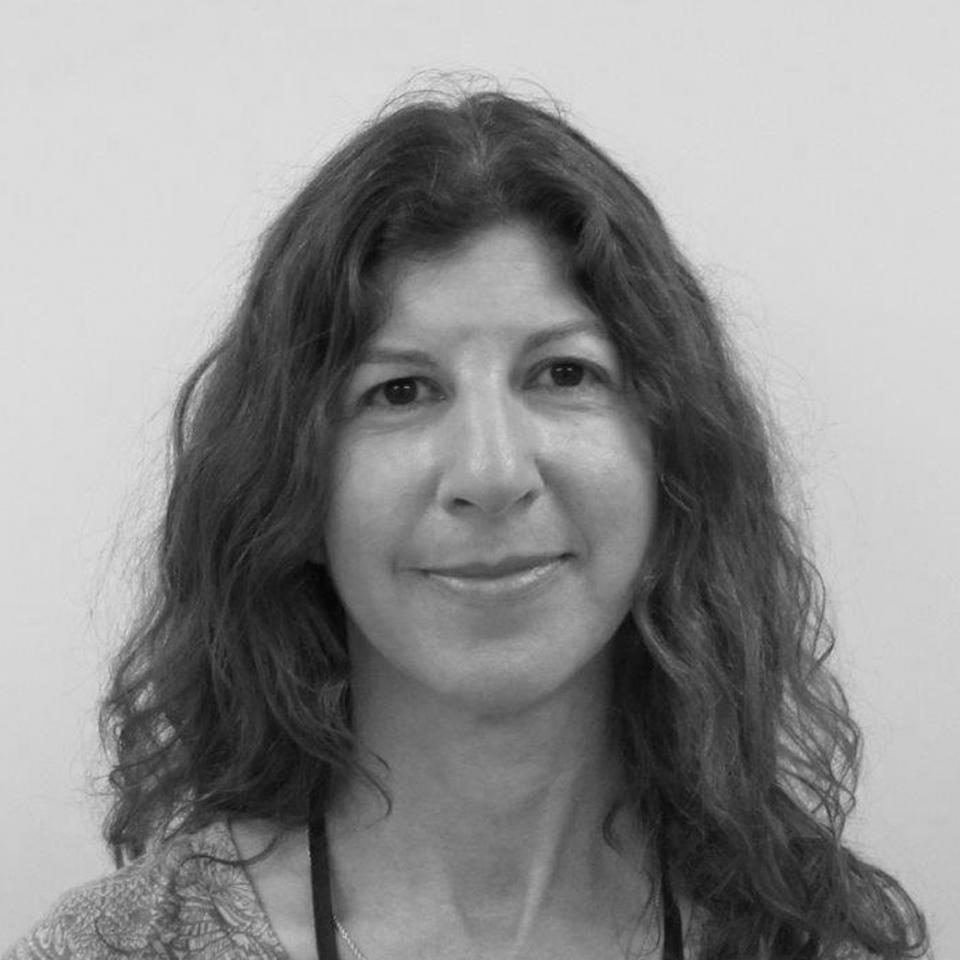Founded in 1979, the Maryland Food Bank provides six million meals a year in Maryland through its partnership with nearly 1,200 soup kitchens, pantries, shelters, and community-based organizations. Learn more about their work.


08.14.20
Q&A with Pediatric Social Worker Debbie Wilcox
Both Baltimore City and Baltimore County schools are starting with distance learning this fall, and parents everywhere are scrambling to figure out what it means to have their kids at home all day.
But what happens for students who don’t have a home? At Health Care for the Homeless, Debbie Wilcox, LCSW-C works to make sure the children and families we serve have access to school and any educational resources they need. We caught up with her to discuss what she’s seeing on the ground as we start a school year unlike any other.
Q: Why is virtual school such a barrier for children experiencing homelessness?
Kids without homes already experience severe barriers to education during a normal school year, and remote education is another challenge. Shelters have good support in place for helping with school work, but being in a shelter is still very stressful because there’s limited privacy and you don’t have your own space. For a family living all in one room, or staying in a car, it’s even harder to find time and space to learn and read. It’s constant stress.
This year, there isn’t the structure of a normal school day. Not everyone has access to internet and technology. And for Spanish-speaking families, it’s much harder to navigate the system without as much access to Spanish-speaking staff at the school. It’s hard to build on skills, especially social emotional skills, when you don’t have as much social interaction. That’s going to be a challenge for kids everywhere.
Q: What about for parents?
Parents are already dealing with the trauma of homelessness. Most parents are juggling how to find work and housing, which has become even more difficult during the pandemic. And now they have to become teachers, as well. It’s really difficult. We often refer parents to the Maryland Family Network to help secure childcare vouchers. But it’s much harder to find childcare now.
Q: You mentioned earlier the lack of access to internet and devices. How are schools working to make sure all students have access to these?
For the most part, the schools have been very responsive. Baltimore City and Baltimore County have begun distributing a laptop or tablet to all students. The school systems are also providing wi-fi hotspots for students who don’t have internet access. Even kids who are housed or temporarily housed may not have internet service. So the hotspot is a good workaround.
Q: So many kids rely on school meals. What is happening now that schools are closed?
The school system has indicated they will continue the grab-and-go meals program that they began in the spring. There will be a list of schools around the city where parents can pick up boxed meals. It’s not just limited to the students, it’s about making sure the family has access to food.
Q: How do you help connect families to these resources?
I talk with families, understand their challenges and then help them navigate the system. I work closely with our Community Health Workers and Case Managers. Often we connect with the schools and community partners to make sure families have access to technology, food and whatever else they need. And we continue to stay in touch with families to make sure their kids don't fall through the cracks.
Q: Is there a broader advocacy effort underway?
Yes, actually. Health Care for the Homeless is part of the Coalition for Homeless Families and Children. The coalition has been around for over 25 years and includes Baltimore City advocates from different shelters and transitional programs, as well as groups that work with unaccompanied youth. We try to give voice to students experiencing homelessness and their families by elevating the barriers we see on the ground.
And we're seeing some traction. Earlier this month, the Baltimore City school system started a program where parents can make an appointment at their headquarters on North Avenue to get help completing school enrollment forms and other paperwork in person. Before that, everything was virtual. If you didn’t have a smartphone or a good internet connection, it was really hard to navigate the enrollment. Even under normal circumstances, the paperwork can be overwhelming, particularly for families that speak a language other than English. Having a place to go for help will make a big difference, and advocacy shaped that decision.
More Recent News
More than a quarter of all client visits to Health Care for the Homeless are with case managers. Presented below is one day in the life of Case Management Coordinator Adrienne Burgess-Bromley, who has been with the agency for 16 years.
Baltimore, you are rockstars! On the sunny first Saturday of November, 300+ runners, walkers, friends and volunteers took over Patterson Park for the 10th Annual Rock Your Socks 5K! We danced, cheered and enjoyed a festive race village complete with coffee, bagels, donuts, a bounce house and easy ways to engage with community partners.
Since opening Sojourner Place at Oliver in 2022, our affordable housing development team has been busy laying the groundwork for more affordable housing in Baltimore through a newly formed subsidiary under Health Care for the Homeless called the HCH Real Estate Company.



